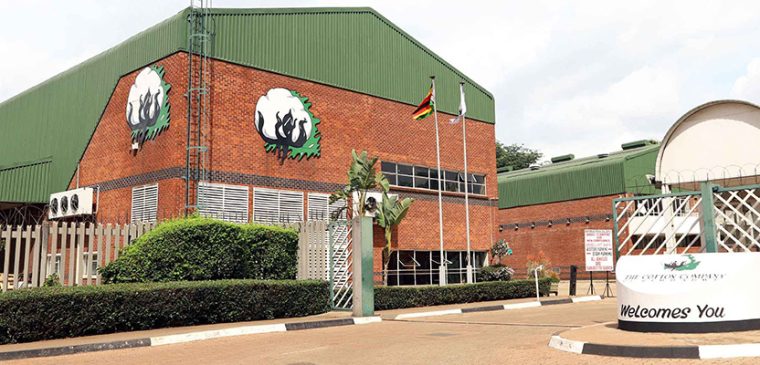 Zimbabwe’s state-owned enterprises and parastatals are collapsing because their boards of directors are appointed on political patronage and ministers consider them as their cash cows.
Zimbabwe’s state-owned enterprises and parastatals are collapsing because their boards of directors are appointed on political patronage and ministers consider them as their cash cows.
Economist Eddie Cross, who worked for parastatals for more than 20 years both before and after independence says if ministers need anything not provided for in their budgets, they just call the chairman or chief executive officer of a parastatal and they get it.
Another reason is that corruption is now deeply entrenched within the enterprises and is never questioned.
“The spectacle of a manager driving a top of the range luxury vehicle out of the gate of a derelict state owned plant is not queried,” Cross writes on his personal blog.
“We build a state of the art glass factory near a mountain of the raw material, see it opened by the State President, stop operating a week later and never reopened, and no one asks why?
“We watch 300 kilometres of electric cable stolen from the railway line between Gweru and Harare, costing over US$100 million, in broad daylight. No outcry, not a single person arrested and the case closed – millions of dollars’ worth of railway infrastructure destroyed and equipment rendered idle.”
Full blog:
When State managed institutions work well they are often not recognised or rewarded and are taken for granted. When they fail, everyone suffers the consequences. At Independence in 1980, 40 percent of the GDP of Zimbabwe was created by publicly owned and operated institutions called Parastatals. Today I doubt if they contribute 5 per cent and are almost universally corrupt, inefficient and loss making. It does not have to be so.
I am sure we are not alone in this respect – right now South Africa is witnessing the collapse of a number of icons – South African Airways, Transnet, and Eskom. When I was much younger, SAA was the leading airline company in Africa. The CEO of Eskom was a visionary and the utility not only kept the lights on but at low cost and in addition supplied regional States with power. If there is any single factor that is likely to reduce South Africa to a mediocre economic hub, hardly able to sustain itself, it is the failure of these enormous State owned entities.
Here in Zimbabwe the record is even worse. Our State owned power utility is generating half of what we consumed in power 20 years ago. Cities are receiving less than half the water that they require for normal use. Our railways which used to handle the great majority of our freight, now handles less than 10 per cent; if that. Air Zimbabwe, once the African airline that had never had an accident, is no more and barely functioning with a couple of small aircraft. Our road infrastructure, once one of the best in Africa is in a terrible condition in rural and urban areas and our national roads need rehabilitation and repair. The list goes on and on.
At one stage we advocated privatisation. But even that has had little impact and in many cases has actually made the situation worse with private sector interests exploiting their monopoly rights and not doing their job. Levels of corruption have sometimes been made worse by incorporating private interests. Cottco is a prime example.
So, what do we do?
Continued next page
(224 VIEWS)

